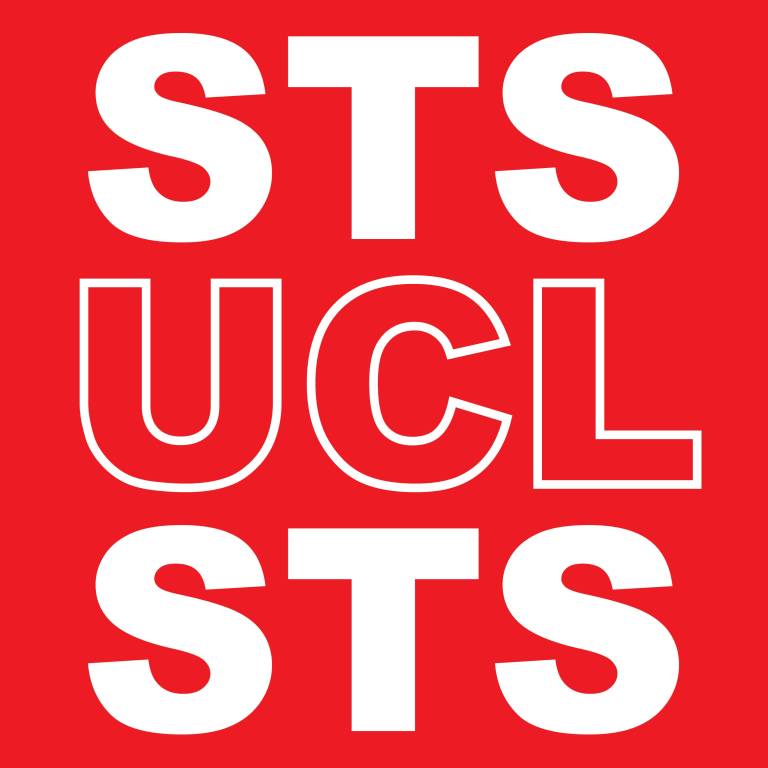UCL STS Seminar series: Dr Francesca Bellazzi
07 February 2024, 4:00 pm–5:30 pm

UCL STS Seminar series: New categories bring vitality: vitamins as investigative kinds
This event is free.
Event Information
Open to
- All
Availability
- Yes
Cost
- Free
Organiser
-
UCL Department of Science and Technology Studies
Location
-
John Adams Hall - G25UCL Institute of Education14, 15–23 Endsleigh Street,LondonWC1H 0DP
Scientific research can be guided by the introduction of new concepts and this can help to develop entire fields of research. Very simply, introducing new categories invites looking for the underlying entities that realise them. However, the question of how to distinguish natural kinds, as categories that capture something independently from how we think of them, from conventions is always open. The situation can get more complicated by cases in which the kinds seem to be half conventional and half natural. In this talk, Dr Francesca Bellazzi will look at the discovery of vitamins B to argue in favour of the notion of investigative kinds, as categories tracking features of the world in a way that shapes fields of research.
Dr Bellazzi will first present the notions of natural and conventional kinds. Then, she will present the history of the category “vitamin” in nutrition at the end of the 19th century. This history is interesting because the introduction of this category and subsequent scientific discoveries led to the identification of many different vitamins that were originally clustered in various kinds. Specifically, one can notice that the “vitamin B” family is composed of various different macromolecules, which share some properties related to solubility and history, but they differ in terms of the structure and function they have. These differences might indicate the conventionality of the family vitamin B: these molecules are clustered together because of contingent reasons related to their discovery and not based on principles of naturalness. Should we then disregard the category vitamin B, if it does not correspond to a natural kind? Dr Bellazzi will argue that vitamins can be considered investigative kinds, as those that have to be clarified through empirical inquiry and can lead to further discoveries (Bridgant 2003, Griffiths 2004). Suggesting the existence of the vitamin B family has led to the discovery of real natural kinds, such as vitamin B12 and vitamin B9, and this makes the vitamin category a successful investigative kind. Accordingly, we can retain a notion of investigative kinds that is indeed halfway between conventional and natural.
About the Speaker
Dr Francesca Bellazzi
Teaching Fellow in Philosophy at University of Birmingham
More about Dr Francesca Bellazzi Close
Close

